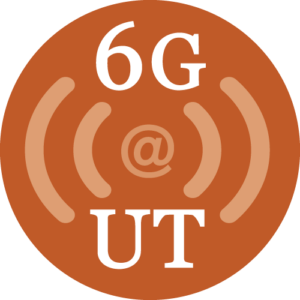Adversarial Decision-making Under Uncertainty

As autonomous systems grow more capable, so too grows the risk of their malicious use by bad actors. These risks take a broad range of forms, from simple sensor spoofing to rogue UAV incursions capable of shutting down airports for days at a time. The best systems to counter an autonomous bad actor are often themselves autonomous, as they avoid scaling problems associated with human-in-the-loop systems. This problem is complicated by two factors: optimality and uncertainty. We examine the problem of autonomous interception of autonomous drone systems which intend to travel to some ground target. The parties are each assumed to have some partially-known cost functions and seek a control action robust to the other party’s concept of optimality.However, uncertainty complicates this process–traditional game-theoretic techniques assume that the control paradigms, cost functions, dynamics, and other factors relevant to the adversary’s control are known a priori to the interceptor. This impractical assumption has historically limited the scope of these techniques. Our goal is to use a combination of Kalman filtering and machine learning to learn these unknown parameters online, then use this as the foundation for game-theoretic decision-making. In addition to examining classical problems, we have studied problems involving an attacker with an unknown target, rogue unmanned aerial vehicles which play predictably suboptimally, pursuit and evasion in mazes, computational efficiency of swarm-on-swarm interception, and active adversarial sensing.


